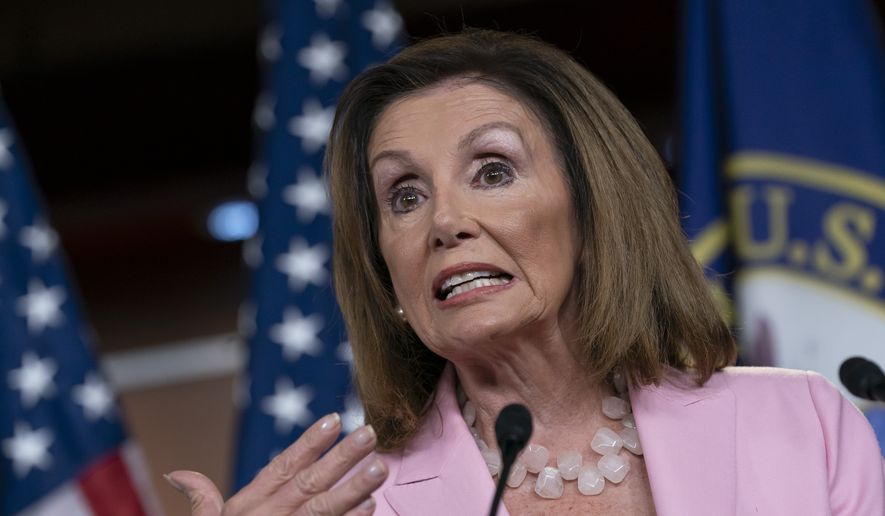
The Controversy Surrounding Nancy Pelosi and the State of the Union Address
The President of United States has an undeniable Constitutional requirement to deliver a State of the Union address to the nation. There is no question about this. But having said, neither the place, nor the time, nor the means of delivering such a report (the SOTU-State of the Union) are determined by the Constitution—which remains the highest law of the land.
Nancy Pelosi— the new Speaker of the House—may bar the President from using the House of Representative on any whim she may imagine or invoke. However, as far as I know the historic privilege of addressing the nation from the House of Representatives has never been denied to any President of any party for any reason.
It is tradition— and only tradition— that dictates that the President of the United States address the people and Congress from the Speaker’s place in the House of Representative. The House has long been the venue of the State of the Union—but this is only because it has always been presumed to be the “People’s House,” the place where the America Republic is most directly represented. And, in addition, it contains more “space”—more desks into which to pack a large audience than can be found in the Senate chamber.
For Republicans, like myself, who are offended by the Speaker’s peevishness, it is important to remember, that as an institution the Congress is a separate branch of government, and the grounds and the chambers on the Hill are the exclusive and essentially sovereign domain of Congress. The President has absolutely no right to demand to speak to the Congress on the Hill.
Separation of powers and the jealousy of Congress to defend its place against the intrusion of the execute branch are older than the America Republic. The tradition of “inviting” the executive is a practice that goes way back to at least the English Civil War. Any America who loves his country and the rule of law, must defend the Speaker’s right to deny the President a place in the Chamber for any reason whatsoever.
The President could easily deliver his address from the Oval Office or as a simple open letter to the People and to Congress published in a newspaper. He could address the nation, with Mitch McConnell’s consent, from the Senate Chamber. But remember the Senate is where the “states” are represented, not the people.
For this reason, the President should address the people from the House. And when the Speaker denies the President this privileges, she no longer acts as a conduit for the people, but as an obstruction to the people.
Nancy Pelosi’s behavior speaks to a deeper and more important question than superficially underlies this fleeting political controversy.
We must ask ourselves: what happens when the good faith that underlies civil discourse erodes? How does democracy function when opposing voices are closed down? Can civil government really survive without civility?
The Speaker of the House— the People’s House—the lynchpin and gem of the Republic, is doing violence to the necessary “better angels” of our political nature by behaving this way. Whether Pelosi understands it or not— and she may very well understand this—that political discourse is more fundamental to the fair processes of government than political agendas and ideology. The operations of self-government as they function in Congress require collegiality and good faith. They especially require respect for differences and tradition. By consciously eroding these underlying values, the Speaker of the House, whose charge it is to defend our Democracy, threatens to legitimize those who seek to undermine the foundation of self-government—which means, that everything that the Speaker has accused Donald Trump of, she herself is consciously doing.
This kind of behavior led to the Civil War.
This does not bode well for the Republic.
